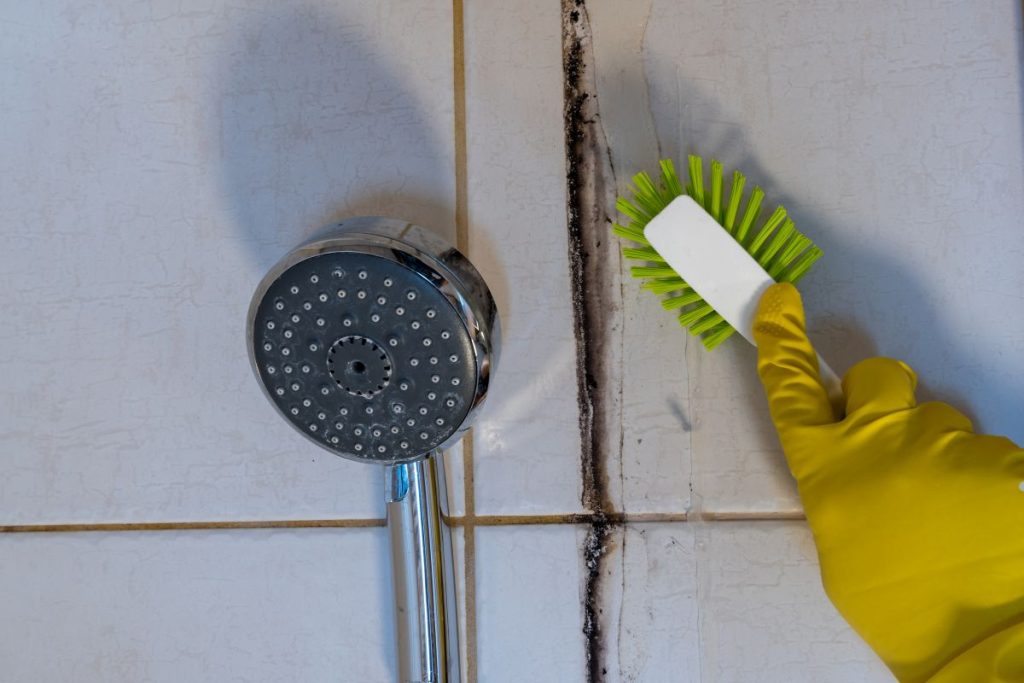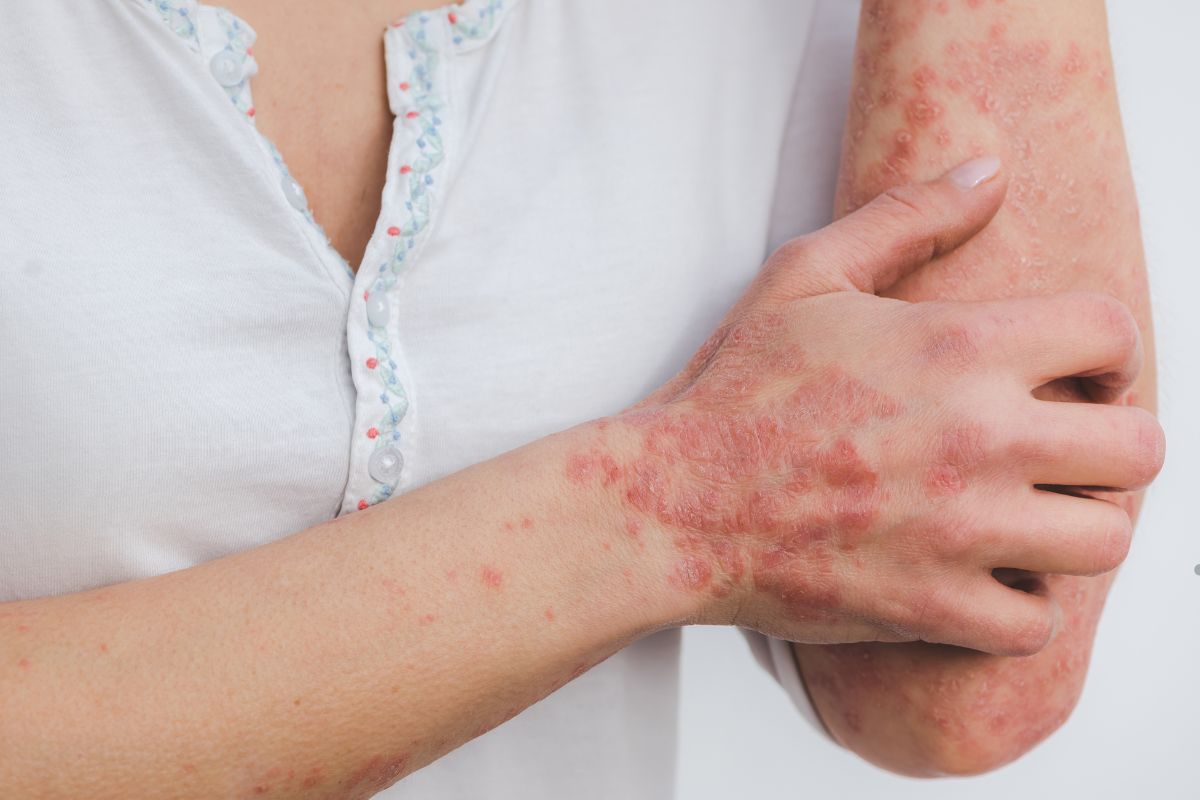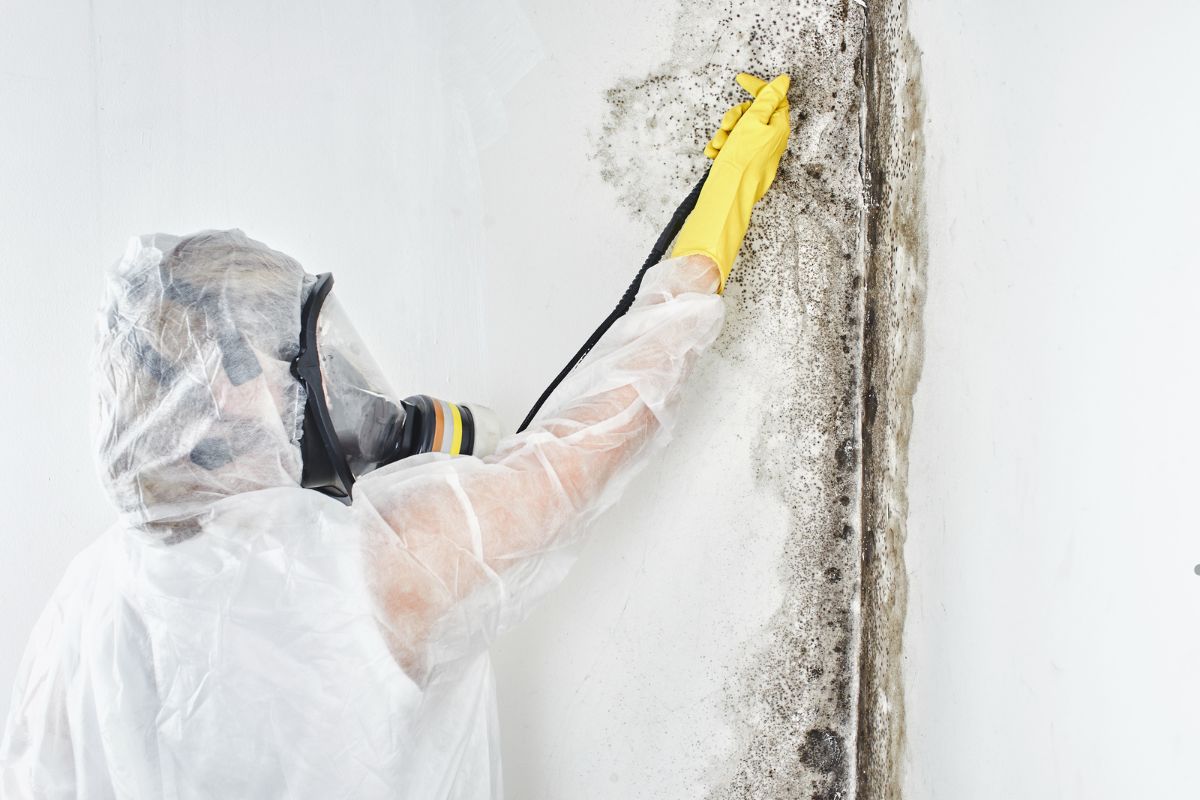
Mold exposure can lead to a variety of health problems, ranging from respiratory issues and skin irritation to neurological symptoms. Understanding these symptoms is crucial for protecting your health and your family’s well-being. This article will provide a comprehensive overview of mold exposure symptoms, who is most at risk, how to determine if mold is affecting your health, and what you can do to prevent and remove mold in your home. If you suspect mold is impacting your health.
Understanding Mold and Its Impact
Mold is a fungus that flourishes in damp, humid conditions, both indoors and outdoors. Its presence is often signaled by a musty odor or visible discoloration on surfaces. While mold itself may not always be harmful, the spores it releases into the air can pose health risks. To ensure a safe and healthy environment, our professional mold services help detect, eliminate, and prevent mold growth in your home or business.
What are Mold Spores?
Mold spores are tiny particles that are carried through the air. When inhaled, these spores can trigger allergic reactions, respiratory problems, and other health issues, especially in sensitive individuals. Because mold thrives in hidden places, it’s important to be vigilant and aware of the potential risks.
Common Symptoms of Mold Exposure

The symptoms of mold exposure can vary widely depending on the individual, the type of mold, and the extent of exposure. However, some common symptoms include:
- Respiratory Symptoms
- Skin Irritation
- Neurological Symptoms
- Other Symptoms
Respiratory Symptoms
Mold spores can irritate the respiratory system, leading to a range of symptoms:
- Coughing: Persistent coughing, especially dry coughing.
- Wheezing: A whistling sound when breathing, indicative of airway constriction.
- Shortness of Breath: Difficulty breathing or feeling like you can’t get enough air.
- Nasal Congestion: A stuffy or runny nose.
- Sinus Infections: Frequent or chronic sinus infections.
If you experience any of these respiratory symptoms, especially if they worsen over time or are accompanied by other symptoms, it’s essential to consult with a healthcare professional.
Skin Irritation
Exposure to mold spores can also cause skin reactions in some individuals:
- Rashes: Red, itchy patches on the skin.
- Hives: Raised, itchy welts on the skin.
- Itching: Generalized itching, even without visible rashes.
These skin reactions are often allergic responses to the mold spores and can be quite uncomfortable.
The thought of mold exposure causing cancer can be alarming, but current scientific research does not establish a direct link between inhaling mold spores and cancer development. This article explores the complexities of mold, its potential health effects, and the actual risks associated with mold exposure in your home. We’ll break down what science says about mold and cancer, how to safeguard your health, and when it’s time to seek professional assistance. For a detailed analysis, read our full blog here: Does Inhaling Mold Spores Cause Cancer?.
Neurological Symptoms
In some cases, mold exposure can affect the nervous system, leading to neurological symptoms:
- Headaches: Frequent or persistent headaches.
- Memory Problems: Difficulty remembering things or experiencing memory lapses.
- Difficulty Concentrating: Trouble focusing or concentrating on tasks.
In some cases, mold exposure can impact the nervous system, leading to neurological symptoms such as frequent headaches, memory problems, and difficulty concentrating. These symptoms may seem subtle at first but can significantly affect daily life over time. If you’re experiencing any of these issues and suspect mold in your home, call us today for a professional inspection and remediation to ensure a healthier living environment.
Other Symptoms
Other symptoms that may be associated with mold exposure include:
- Fatigue: Persistent tiredness or lack of energy.
- Eye Irritation: Red, itchy, or watery eyes.
- Sore Throat: A scratchy or sore throat.
These symptoms are less specific and can be caused by various factors, but if they occur in conjunction with other symptoms mentioned above, mold exposure should be considered as a possible cause.
Who is Most at Risk?
Certain populations are more vulnerable to the health effects of mold exposure:
- Children: Children’s developing immune systems make them more susceptible.
- Elderly: Older adults often have weakened immune systems.
- Individuals with Compromised Immune Systems: People with conditions like HIV/AIDS or those undergoing chemotherapy are at increased risk.
- Individuals with Respiratory Issues: People with asthma, allergies, or other respiratory conditions are more likely to experience severe symptoms.
How to Determine if Mold is Affecting Your Health
If you suspect that mold is affecting your health, there are several steps you can take to determine if mold is the culprit:
- Medical Evaluation: Consult with a healthcare professional to discuss your symptoms and undergo any necessary medical tests.
- Mold Testing in Your Home: Hire a qualified mold inspector to assess your home for mold and take air or surface samples for testing.
Preventing and Removing Mold in Your Home

Prevention is key to minimizing the risk of mold exposure. Here are some steps you can take to prevent mold growth:
- Identifying and Addressing Moisture Sources: Fix any leaks or plumbing issues promptly.
- Cleaning and Removing Mold: Clean up any visible mold growth with appropriate cleaning solutions.
- Professional Mold Remediation: For large-scale mold infestations, seeking help from a professional mold remediation company is the best solution. Call us today for expert inspection and removal services!.
Frequently Asked Questions About Mold Exposure
What are the first signs of mold exposure?
The first signs often include allergy-like symptoms such as sneezing, runny nose, itchy eyes, and coughing.
How long does it take to develop symptoms from mold exposure?
Symptoms can develop within hours or days of exposure, depending on individual sensitivity and the level of mold present.
Can mold exposure cause permanent health problems?
In some cases, prolonged exposure to mold can lead to chronic respiratory problems or other long-term health issues.
What should I do if I suspect mold in my home?
Contact a qualified mold inspector to assess your home and determine the extent of the mold problem.
When should I see a doctor about mold exposure symptoms?
If you experience persistent or severe symptoms, consult with a healthcare professional.
Is black mold more dangerous than other types of mold?
While some types of mold are more toxic than others, any mold growth can pose health risks and should be addressed promptly.
Can mold exposure cause anxiety or depression?
Some studies suggest a link between mold exposure and mental health issues, but more research is needed.
Protecting Your Health from Mold
Mold exposure can have a significant impact on your health and well-being. By understanding the symptoms, identifying potential risks, and taking proactive steps to prevent and remove mold in your home, you can protect yourself and your family from the harmful effects of mold. If you suspect you have a mold problem, don’t hesitate to Contact us for professional assistance. Early detection and remediation are key to maintaining a healthy home environment.
